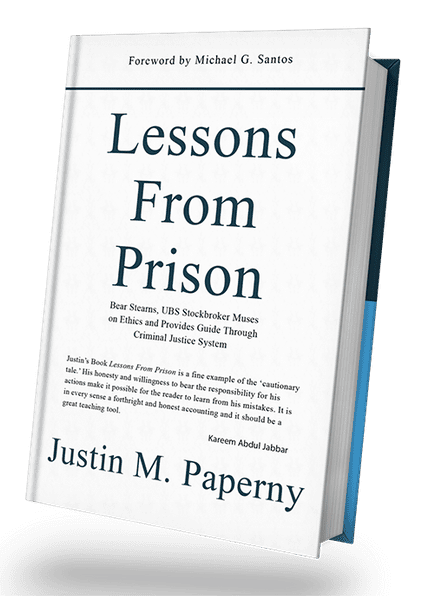In this video, I share valuable insights shared by Judge Boulware, a federal judge in Nevada, during a sentencing conference. These insights can help anyone prepare for a sentencing hearing.
In sum, Judge Boulware said, the greatest consequence for a white-collar defendant might not be time in a minimum-security camp.”
Collateral Consequences
Judge Boulware emphasized the collateral consequences of a federal conviction. These consequences can be measurably worse than serving time. Common consequences include losing the right to bear arms, difficulty finding a job, financial ruin, depression, and damaged reputation. Judges often respond to defendants lamenting these consequences by saying they should have considered them before breaking the law.
Importance of Messaging
Effective messaging and building a solid record are crucial. For example, in this video I share a story about two bankers with the same crime and restitution. One got home confinement, and the other got a year and a day in federal prison. The difference was how they handled their prepared and embraced the collateral consequences. One showed proactive efforts like job applications and finding employment, while the other did not.
Building a Timeline
Developing a timeline of actions taken to mitigate collateral consequences is vital. This timeline can include writing a biography, volunteering, looking for work, saving money, and cooperating with authorities. Sharing this timeline with stakeholders shows effort in overcoming these consequences rather than just lamenting them.
Employment and Financial Restitution
Losing a job due to a conviction can be a significant consequence. It is essential to prove to the court that you can still earn a wage as a law-abiding citizen. I shared my experience of working as a real estate agent and providing letters from clients to demonstrate my value and ethics. Similarly, making restitution payments, even small ones, can be symbolic and show genuine efforts to make amends.
Family Impact
The impact on family is another significant collateral consequence. Instead of merely stating the devastation, it is crucial to articulate a plan to ensure the family’s strength and dignity. This plan should demonstrate efforts to overcome the consequences and lead a better life.
Addressing Stigma
The lifelong stigma of a conviction is another challenge. It is important to acknowledge this stigma and outline a plan to overcome it. Developing a new skill set and finding a new career to pay restitution and support the family is essential. Authenticity in acknowledging the long road ahead is crucial.
Conclusion
Judge Boulware’s insights highlight that the hardest part of the process (for some) is not the federal prison sentence but the collateral consequences. Articulating these consequences and demonstrating efforts to overcome them is vital. Building and maintaining a timeline of actions taken can significantly influence the court’s perception and decisions.
Justin Paperny
Get Our Audible Books!
Now Available: The WCA App

Already Sentenced? Use Our Calculator To Estimate Your Release Date





